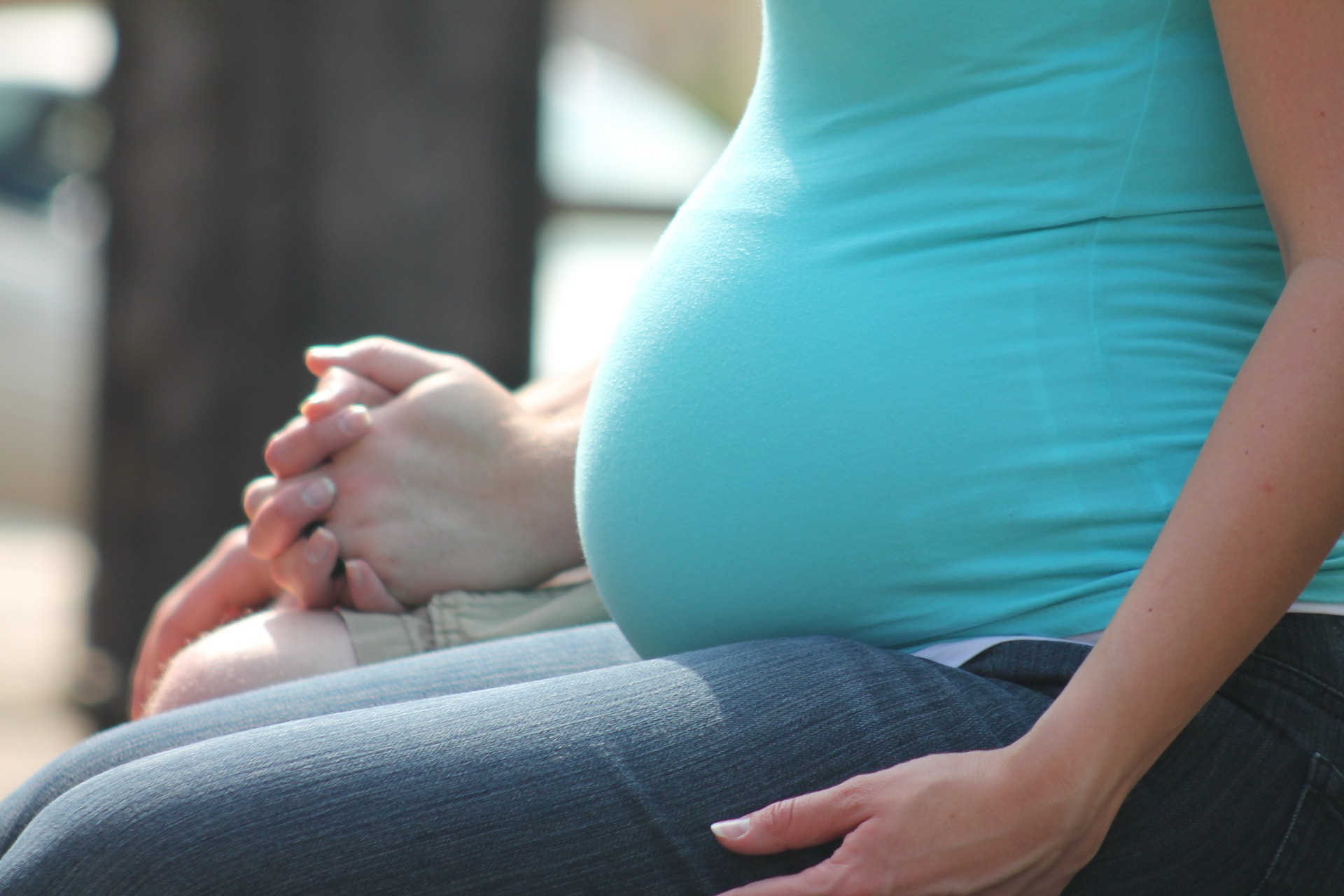As a second Trump administration approaches, we’re running out of time to confirm as many federal judges as possible to provide a check on his presidential power and curb his stated policy priorities.
SCOTUS Hears Arguments In Right of Religious Employers to Subvert Civil Rights Laws
Update: On July 7, 2020, the U.S. Supreme Court ruled against the two teachers in these cases, providing ample room for religious employers to discriminate against teaches and other workers without regard to civil rights or other employment protections. This was a dangerous decision for workers’ rights, and particularly for women who make up most of the workforce in elementary school teaching jobs. While the opinion focuses on teachers at elementary schools—allowing religious institutions a blank check to allow racial and sexual harassment and other discrimination to go without remedy—there was nothing in the legal analysis that limits the potential for this decision to harm workers in a other contexts. This decision could have far reaching and devastating impacts for many workers at all religious entities. And to make matters worse, the Court does not follow precedent or use the existing four-factor test in its determination, or even provide helpful parameters as to how one should analyze the one factor it does use: the employee’s job duties. The Court’s decision today tossed out worker’s rights and the critical legal framework that sought to balance the rights at stake in favor of sweeping deference to religious employers. As Justice Sotomayor states in the dissent, we will work towards another day when that the Court has an opportunity to correct its mistake here and remedy these harms.
***
Today, the Supreme Court began hearing arguments in two cases that could radically shape the civil rights of millions of workers nationwide.
The two cases–Our Lady of Guadalupe School v. Morrissey-Berru and St. James School v. Biel–concern the right of religiously-affiliated employers to defy civil rights law in employment decisions, specifically the Civil Rights Act of 1964 and the Americans With Disabilities Act.
The ruling could gravely impact the civil rights of millions of workers, including one million employees of religiously-affiliated hospitals.
The following is a statement from Fatima Goss Graves, President and CEO of the National Women’s Law Center:
“Allowing employers to subvert the civil rights of their employees will worsen the prejudice and bias these very laws were written to prevent. These cases threaten decades of social progress for millions of workers—including essential workforces currently in the direct path of an unprecedented pandemic. We urge the Justices to avoid risking the livelihood of those risking their lives and ensure that working people across our country can continue to depend on fundamental civil rights protections.“
An amici curiae brief was filed by the National Women’s Law Center, The Leadership Conference on Civil & Human Rights, and 68 other civil rights leaders urging the Court to side with the employees. The full brief can be read here.




